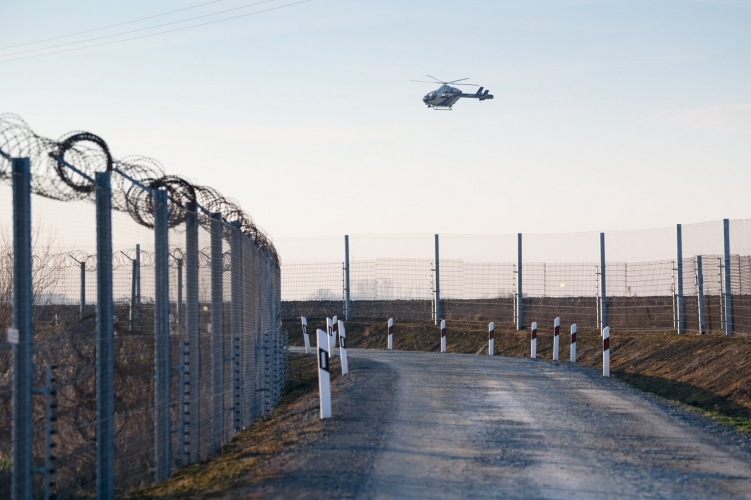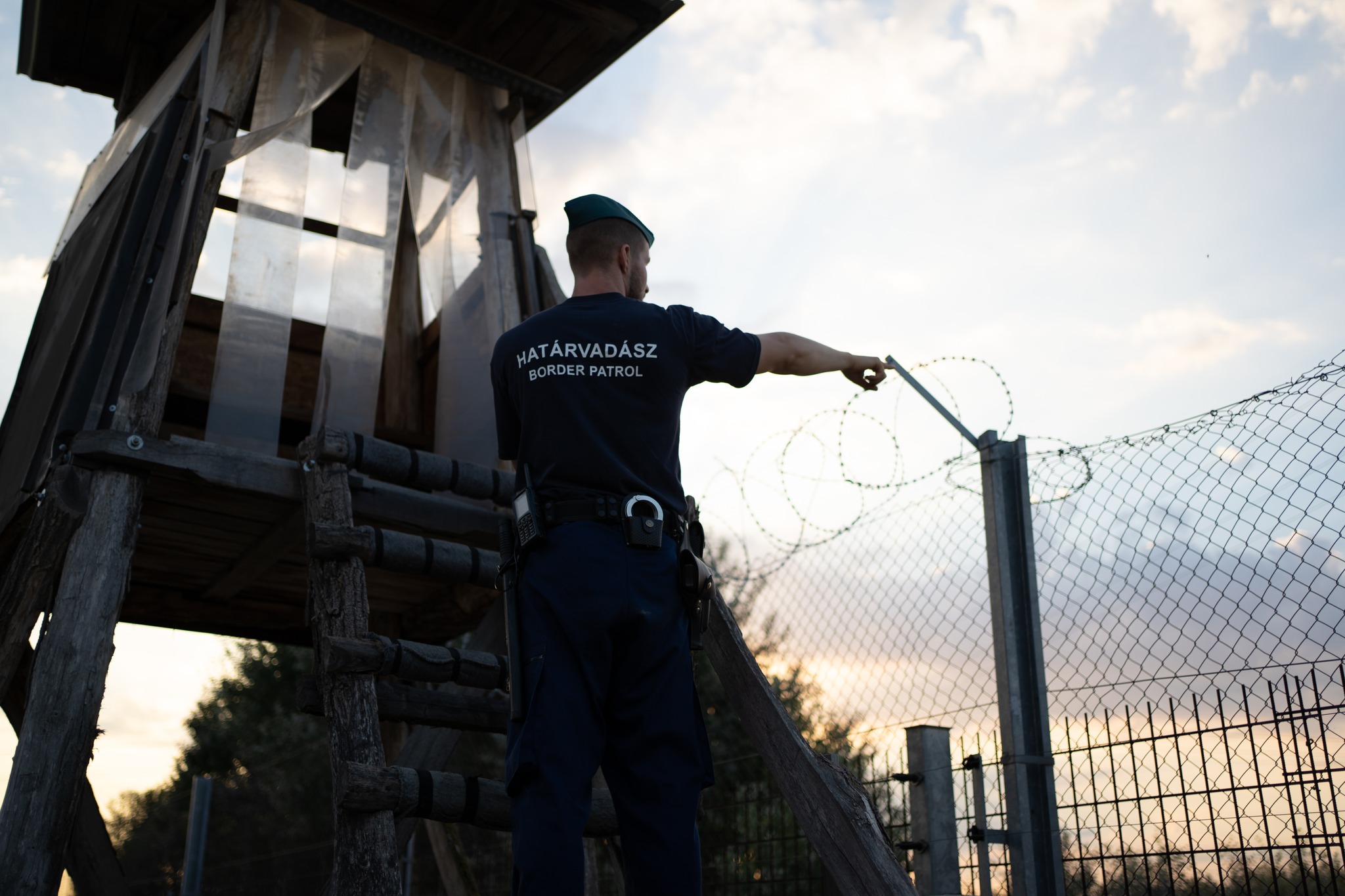
Viktor Orbán delivered a speech on the occasion of the opening session of the National Assembly.Continue reading

On Monday, the Minister for European Union Affairs sent a letter to Ylva Johansson, the European Commissioner for Home Affairs, informing her that Hungary, like the Kingdom of the Netherlands, would request to be excluded from the EU’s asylum and migration rules if the treaty were to be amended in the future, and that the appropriate procedures would be initiated.
János Bóka wrote that Hungary’s government is committed to taking decisive steps to protect its borders and curb illegal migration that threatens national security.
Hungary is committed to take firm steps to protect its borders & curb illegal #migration that poses a threat to national security. Hungary believes that re-establishing stronger national control over migration is now the only option to achieve this. 2/2 pic.twitter.com/n5TWzbjzF2
— Bóka János (@JanosBoka_HU) October 7, 2024
Hungary believes that re-establishing a stronger national control over migration is now the only option to reach these objectives and effectively stem illegal migration,”
the politician stressed in his letter.
“At the same time, Hungary remains committed to the Schengen area, that unfortunately has become fragmented due to prolonged and widespread internal border controls introduced because of illegal migration and security threats,” János Bóka added.

Photo: Facebook/Magyarország Kormánya
Vice-president of Fidesz Kinga Gál and MEP for Fidesz András László echoed the words of the EU Affairs Minister, emphasizing that “instead of imposing a failed migration policy on a mandatory basis, we should strengthen national control of MS to fight more effectively against illegal immigration.”
Great news! Hungary has officially joined the Netherlands and requested an opt-out from EU asylum & migration rules. Instead of imposing a failed migration policy on a mandatory basis, we should strengthen national control of MS to fight more effectively against illegal… https://t.co/ZI7Yp4SH7s
— Kinga Gál (@kingagalMEP) October 7, 2024
Hungarian Prime Minister Viktor Orbán also spoke out on the issue of migration, saying that “Europe is in trouble. We worry about the future of our children. The bureaucrats in Brussels are turning our lives upside down. (…) They support migration instead of European families.”
Europe is in trouble. We worry about the future of our children. The bureaucrats in #Brussels are turning our lives upside down.
They support war instead of #peace.
They support #migration instead of European #families.
And they support economic sanctions instead of economic… pic.twitter.com/GFL56Ap1fs— Orbán Viktor (@PM_ViktorOrban) October 7, 2024
Magyar Nemzet reported earlier that several EU Member States are introducing tougher migration measures, with the Netherlands and Hungary already signalling their intention to withdraw from the latest migration pact. Estimates suggest that the number of illegal immigrants in the EU will fall to 113,400 in the first half of 2023, a 36 percent annual decrease.
The Guardian pointed out that fifteen Member States, led by Austria, Denmark, Italy, and the Czech Republic, have written to the European Commission calling on the institution to identify, develop, and propose new ways and means to prevent illegal migration into Europe. In addition, recent indications suggest that France would also take migration policy into its own hands, Politico recalled.
Fifteen EU states called for ‘new ways’ to handle irregular migrants, including sending some to third countries, in a letter to the European Commission https://t.co/4zaMncFski
— The National (@TheNationalNews) May 16, 2024
In 2015, when more than 1.3 million refugees arrived in Europe, German Chancellor Angela Merkel opened the country’s borders with the declaration “Wir schaffen das” (“We can do this”). Now, barely a decade later, Member States are increasingly turning their backs on migration. Germany, long seen as one of the most open members of the European Union, has recently introduced border checks and tightened its asylum and residency laws in response to anti-immigrant sentiment following a series of knife attacks in the country.
Via MTI, Magyar Nemzet; Featured image via Police.hu